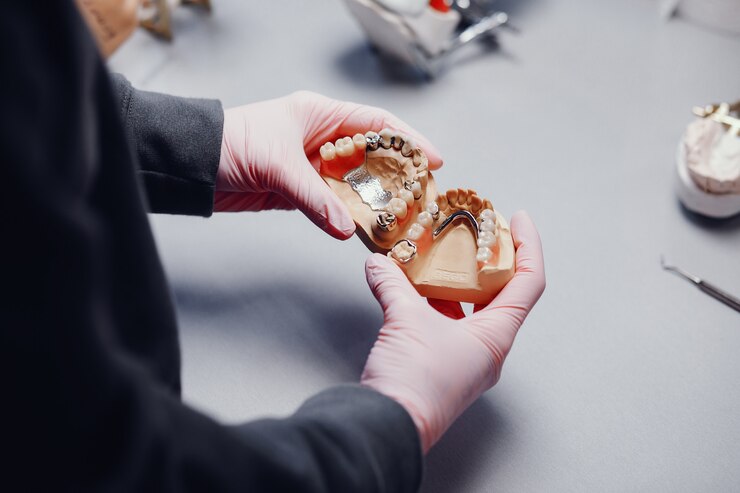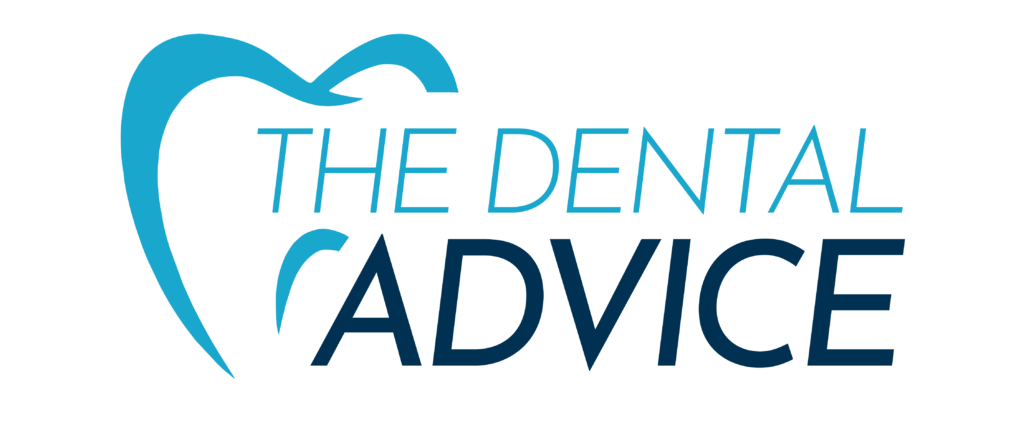Undergoing a dental implant surgery can be a daunting experience. Luckily, your recovery doesn’t have to be overwhelming. With the right care and attention, you can bounce back more quickly than you might expect. You only need to follow a thoughtful recovery plan. In this article, you’ll learn about three effective ways to speed up your recovery.
1. Prioritize Oral Hygiene and Care
Although your mouth may feel tender after a Dental Implants Clermont surgery, it’s crucial to keep the surgical site clean to prevent infections and complications. Gently rinsing your mouth with a saline solution or a dentist-recommended mouthwash. These rinses eliminate bacteria that could cause an infection, without irritating the sensitive tissues around your implants. Avoid using any harsh commercial mouthwashes that contain alcohol, as these can dry out your mouth and delay the healing process.
In addition to rinsing, brushing your teeth is essential, but you’ll need to approach it with extra care. Use a soft-bristled toothbrush and be gentle around the surgical area to avoid disturbing the implant. It’s advisable to skip the electric toothbrush for a few days post-surgery as the vibrations can interfere with the healing implants. Brushing at least twice a day, along with flossing carefully around the other teeth can minimize plaque buildup and keep your mouth healthy during recovery.
2. Manage Discomfort and Swelling Effectively
Managing discomfort and swelling is a critical aspect of your recovery process. Swelling is a normal response to surgery and usually peaks within the first 48 hours. To minimize it, apply an ice pack to the outside of your face near the surgical site. Do this in 15-minute intervals during the first day after surgery. The cold will reduce inflammation and numb the area, offering relief from discomfort.
Pain management is equally important for a smooth recovery. Your dentist will likely prescribe pain medication to help you through the initial days after surgery. It’s essential to take these medications as directed to stay ahead of the pain rather than trying to catch up after it becomes severe. Over-the-counter pain relievers, such as ibuprofen, can also be effective in managing both pain and swelling. However, always consult your dentist before taking any additional medication. Strive to also keep your head elevated, especially during sleep, to reduce throbbing and pressure in the implant area.
3. Focus on a Soft and Nutritious Diet
Your diet plays a significant role in how quickly you recover from dental implant surgery. In the days following your procedure, it’s important to stick to a soft food diet that doesn’t put pressure on the implant site. Foods like yogurt, mashed potatoes, smoothies, and scrambled eggs are ideal choices. These foods prevent unnecessary strain on your healing implants while providing the necessary nutrients to support recovery.
As you heal, gradually reintroduce more solid foods into your diet. However, avoid hard, crunchy, or sticky foods for several weeks, as they can dislodge the implant or cause irritation to the surgical site. Nutrition is also key during your recovery. Aim to consume a balanced diet rich in vitamins and minerals, particularly vitamin C, zinc, and calcium, which are known to support tissue repair and bone health. Staying hydrated is equally important; water helps flush out toxins and keeps your mouth moist, which is essential for healing. Avoid beverages that can irritate your mouth, such as alcohol or very hot drinks, until your dentist gives you the green light.
Final Thoughts
Recovering from dental implant surgery doesn’t have to be a long or painful process. With the right care, you’ll be able to enjoy the benefits of your new dental implants in no time.
Additionals:
- How Are Chipped Teeth Repaired?
- What Are Some Best Home Remedies For Toothache?
- What Is The Strongest Natural Antibiotic For Tooth Infection


